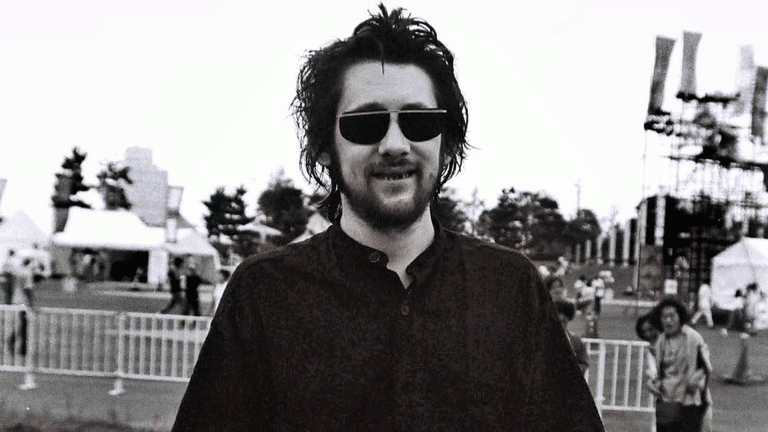A lesson I relearned in lockdown was to make do with what I had, instead of pursuing what I wanted. It sounds simple, yet it is something I have to keep relearning.
It’s a lesson I first learned six years ago on North Ronaldsay, a tiny island in the Orkney archipelago, where I lived for seven months. A certain amount of restriction, it transpired, can breed resilience. The narrowing of horizons was merely refocusing, down to the details of the everyday. Those were among the happiest days of my life and I think it wasn’t just down to the scenery.
Lockdown was not: I was stranded away from home, across the country in Bedfordshire, in a family home, surrounded by wheat fields and lifeless woods. At first I was tempted to rage about it: I was, after all, supposed to be writing a book about summer wildlife and climate change.
I had an interesting summer of wildlife to see that I had planned out meticulously, rare and exciting species that it would have been a thrill to spend time with. Now I had endless time and no subject, or so I thought.
Sign our petition to #StopMassHomelessness
Daily walks around the fields to the local wood saved me then. As well as tracking the progress of the season, as late winter resolved into an exceptional spring – it felt like the height of summer from early April – it kept me in touch with the world. I began to look deeper at what we had to hand, the drama and meaning of common species in humdrum habitats.









